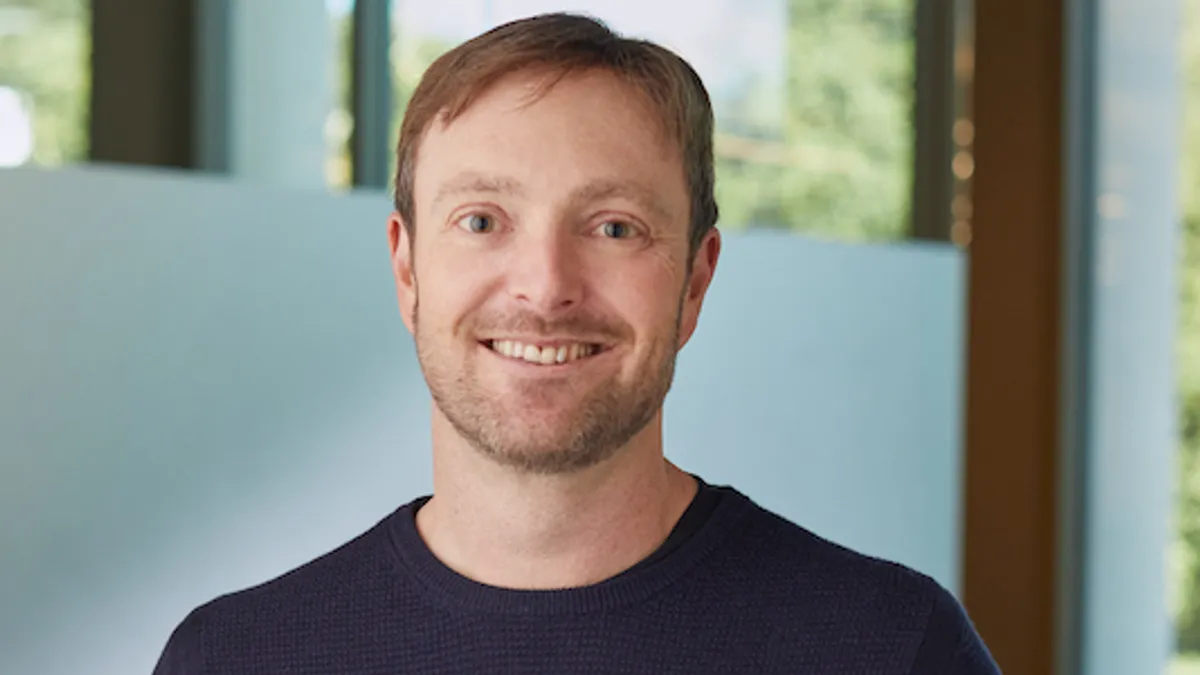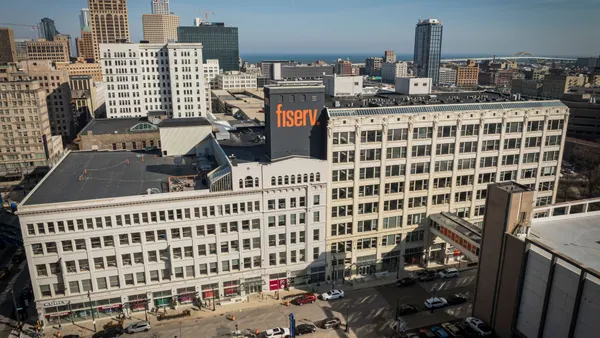PayPal CEO Alex Chriss aims to recharge profitable growth in the company’s two main business units, but there are some in a third category that may go by the wayside.
Before he took the company’s top post last year, PayPal acquired and lumped together a host of ancillary services that the new CEO isn’t sure he sees value in. His new management team is reassessing those businesses, he said during an investor conference last week.
After extolling prospects for PayPal’s main legacy branded business and its unbranded Braintree business, Chriss turned to the less desirable third category. He didn’t name the units, but described them as bolted-on businesses from past acquisitions.
“We have another component of really, other products and services that we have that are a drag to the business,” Chriss said March 4 at the Morgan Stanley Technology, Media & Telecom Conference. “These are a combination of acquisitions that we've done over the course of the years, products that have been defocused, and were in many ways orphaned throughout the organization.”
The new CEO’s efforts to streamline PayPal come as the company faces an onslaught of new competition, including from buy now, pay later providers, noted Stephen Biggar, an analyst with Argus Research who downgraded his rating on the company to “hold” from “buy” last month.
“It’s not that the PayPal button has been lost on the checkout screen, but it certainly has been diluted and that’s going to dilute growth going forward,” Biggar said in an interview Tuesday. “The rest of the industry has caught up tremendously.”
PayPal has struggled to grow since 2021, after benefiting from a wave of increased e-commerce demand during the early part of the COVID-19 pandemic.
Before Chriss arrived, the company had expanded with an acquisition spree during the nearly a decade that Dan Schulman led the business. Now, Chriss, and the management team he has put in place in recent months, are reevaluating those acquired operations with an eye to potentially eliminating some.
“We're now looking at (that third group), top to bottom, as a leadership team, and understanding: Are they core to the business? Are they places that we should invest in? Are they areas that we should divest because they're just not core anymore, and they're boat anchors to the business?” he said at the conference when asked about restoring profitable growth.
Without providing specifics, Chriss promised to deal with those questions and those orphans in the operation. “We will address those over the course of the year, so in ‘24, that other (category) will be reduced compared to ’23,” he said, stating a “goal” of making sure any remaining businesses have a growing profit margin.
In 2021 alone, PayPal spent $3.1 billion on five acquisitions, according to its recent annual report with the Securities and Exchange Commission. It paid about $2.7 billion for the Japanese payments company Paidy and also bought the returns logistics company Happy Returns. PayPal already turned around and sold off Happy Returns last year to UPS for $465 million.
It also purchased Honey Science Corp. for $4 billion in 2019. That’s one acquisition that Biggar said he believes may already be well-integrated in PayPal and serving the company well in tying its consumer users together more closely with its merchants clients.
The 2013 acquisition of Braintree, which included Venmo, for $800 million is also a purchase that has been beneficial to PayPal and today is integral to its payments offering, Biggar said.
In 2015, PayPal bought the cross-border payments company Xoom for about $1 billion. And in 2018, the company bought the European startup iZettle for $2.2 billion and Hyperwallet for $400 million.
Some of the acquired businesses weren’t making much of a difference to the bottom line so Biggar took them out of his PayPal analysis. As to which of the add-ons PayPal might divest, he’s not sure, but he doesn’t think any such sales will make much difference to the company.
That may be true, but Chriss is crafting a PayPal strategy that calls for a leaner, more focused operation.











